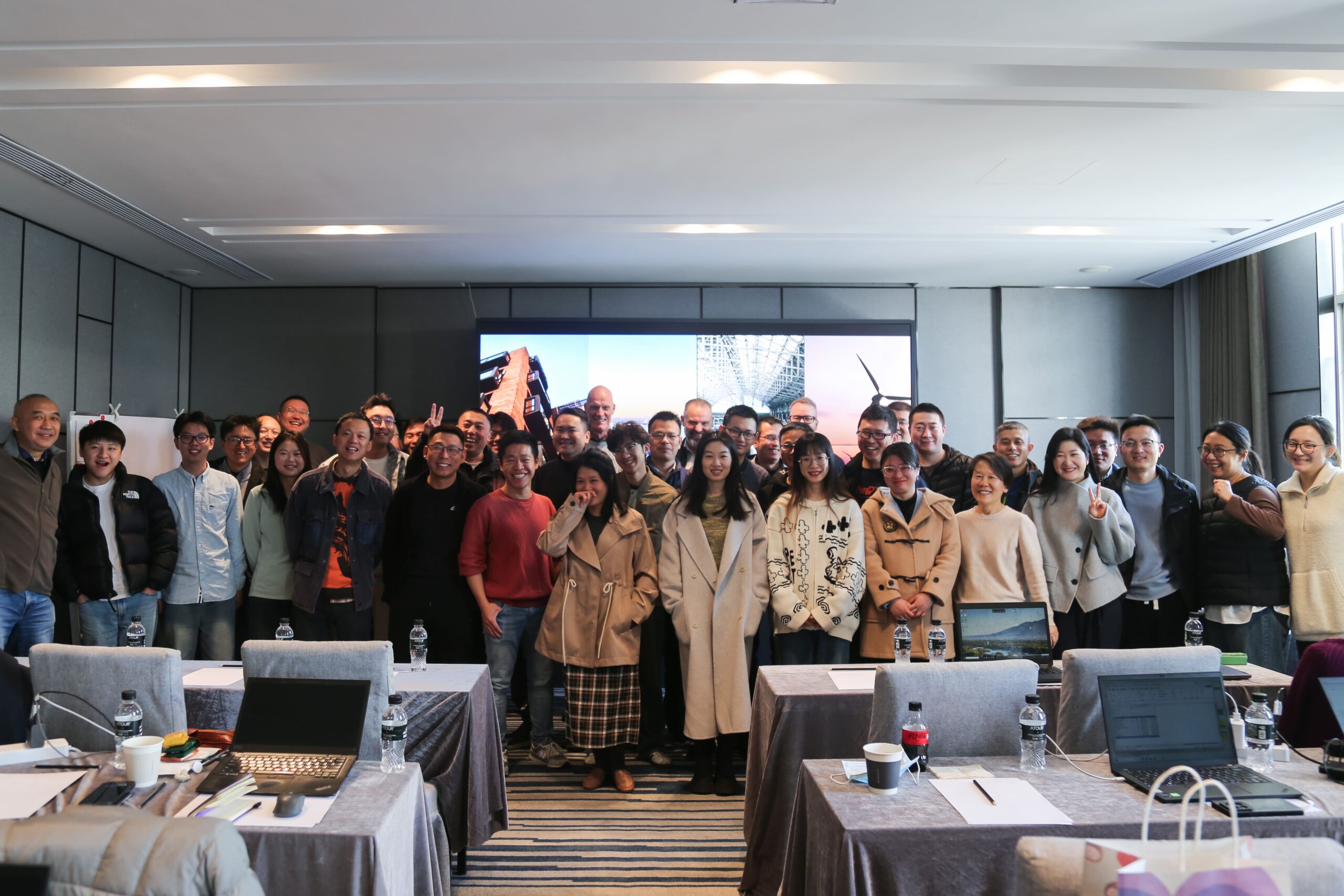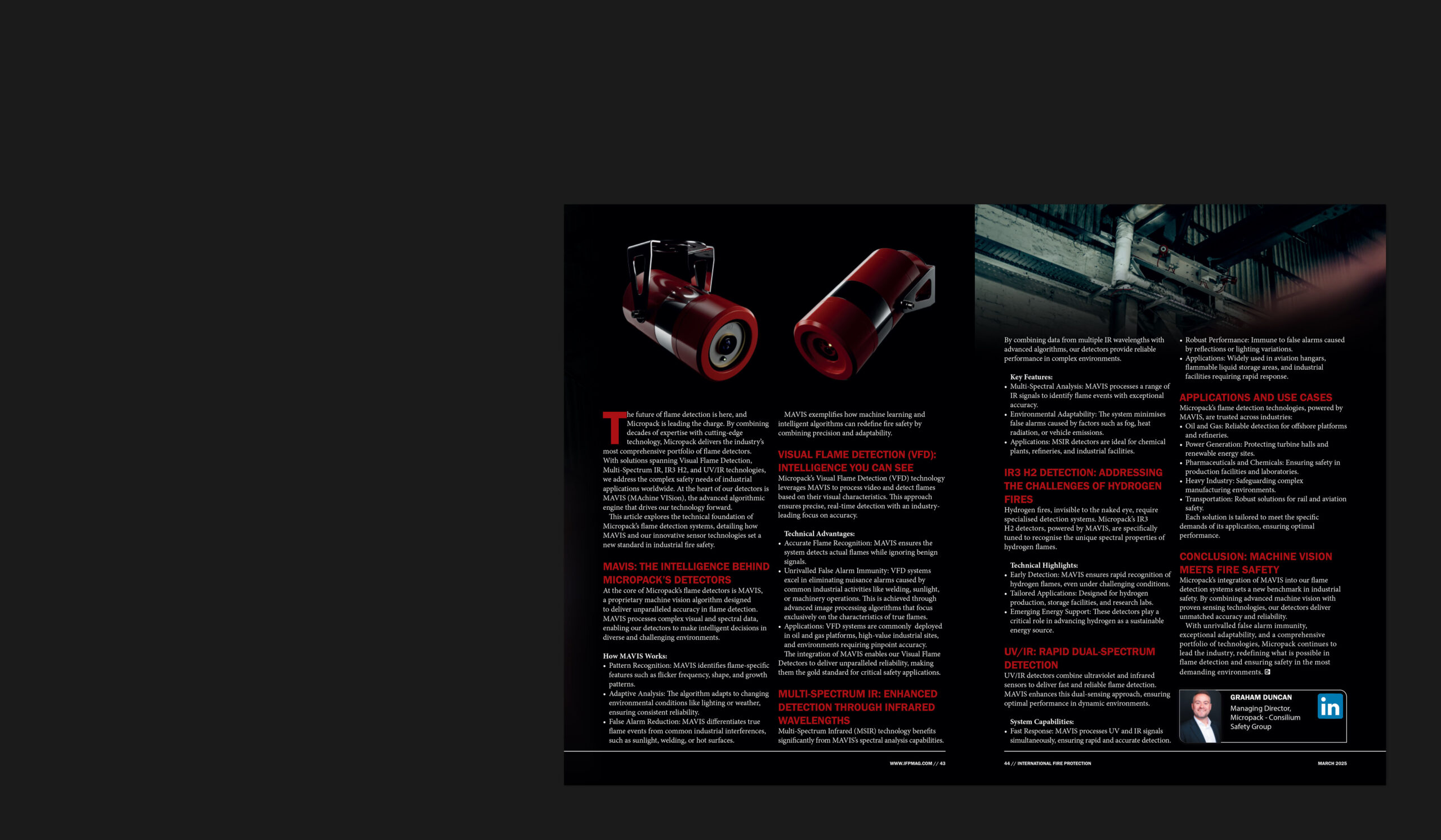As the maritime industry continues its transition toward more sustainable operations, the adoption of alternative fuels such as LNG, methanol, ammonia, and hydrogen is accelerating. These fuels offer significant environmental benefits but also introduce new technical and safety challenges that must be carefully managed.
In response to this, we recently hosted a dedicated training program focused on alternative marine fuels and the associated safety considerations. The program was designed to enhance understanding of the unique properties and risks of these fuels, and how they impact vessel design, onboard systems, and operational protocols.
The training provided an in-depth look at the risk profiles of each fuel type, including critical factors such as flammability, toxicity, reactivity, and storage requirements. Participants explored how these factors influence system architecture, equipment selection, and the overall integration of alternative fuel systems into both newbuild and retrofit projects.
A central component of the training was the presentation of our company’s safety-focused solutions, including:
- Advanced gas detection technologies tailored for marine environments
- Redundant and fail-safe system architectures to ensure operational reliability
- Engineering strategies for containment and ventilation
- Compliance frameworks aligned with IMO regulations, class requirements, and other international safety standards
The interactive format encouraged active discussion and collaboration across disciplines, from engineering and project management to Health and Safety and operations. The high level of engagement demonstrated the industry’s commitment to building competence and confidence in managing alternative fuels safely and effectively.
We would like to thank all participants for their engagement, as well as our experts—Fredrik Jonasson, Head of Product line GDS, Marcus Andersson, CCO and Yatkai Lee, General Manager Consilium Safety China —for their insightful contributions and shared commitment to raising safety standards within the maritime sector.
Through initiatives like this, we continue to support our clients and partners in navigating the complexities of decarbon.
Talk safety with us
There are thousands of questions regarding safety. But there are also thousands of answers. Talk safety with us – we are ready when you are.


